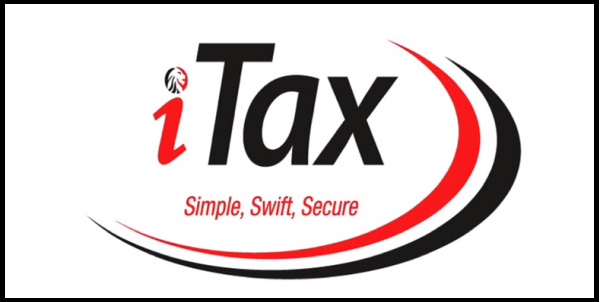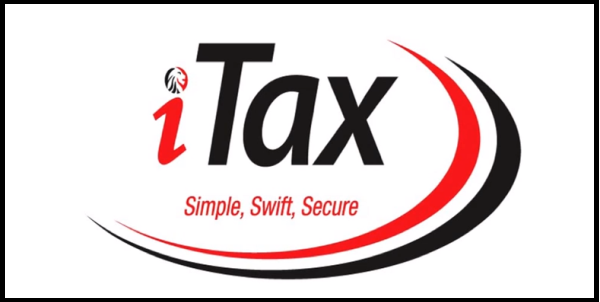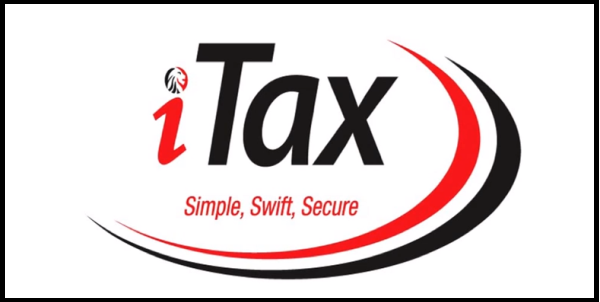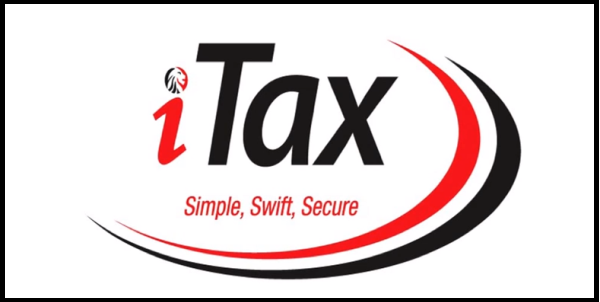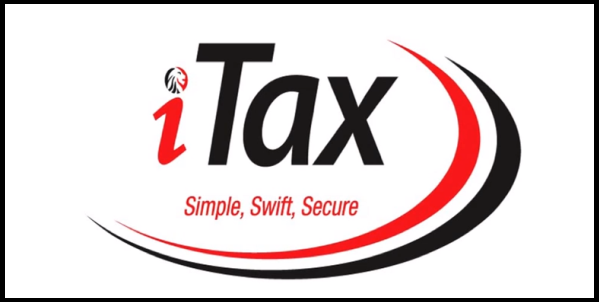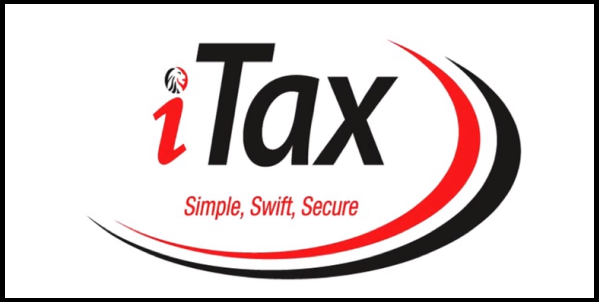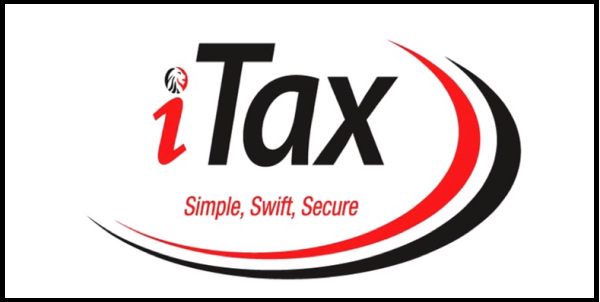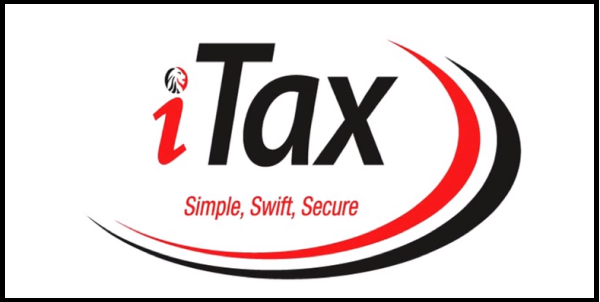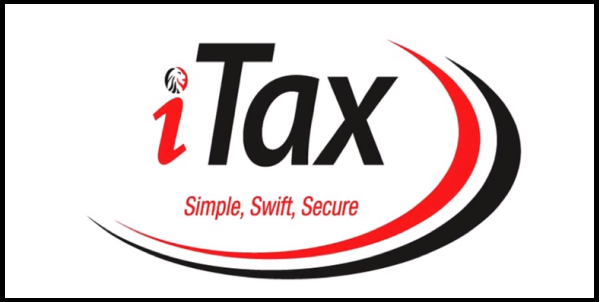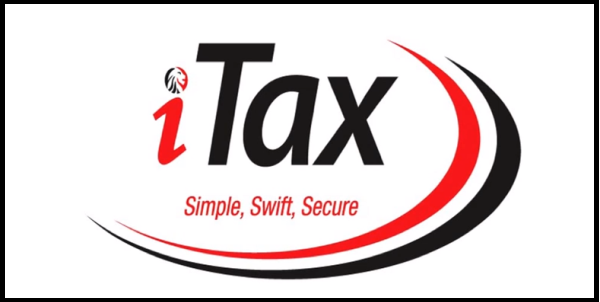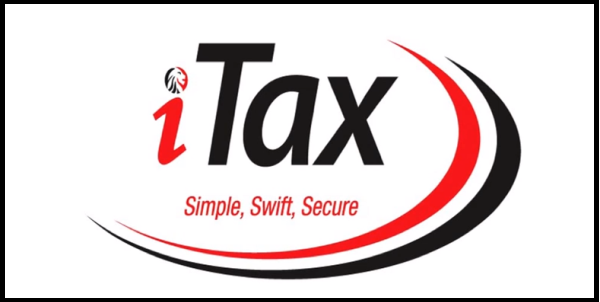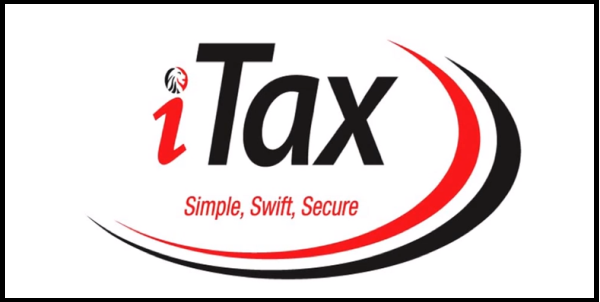CYBER.CO.KE is an independent online Cyber Services website and is not affiliated with any government agency, including Kenya Revenue Authority (KRA). We charge a Cyber Services fee for the professional assistance provided to customers in Kenya.
As part of its commitment to data-driven compliance, the Authority has implemented an iTax feature facilitated by KRA, enabling validation of VAT return declarations through data transmitted via the Tax Invoice Management System (TIMS/eTIMS).
In addition to enhancing tax compliance, the introduction of the VAT prepopulated return aims to streamline return filing processes and expedite refund processing, thereby improving the overall customer experience.
Outlined below are significant enhancements and clarifications pertaining to the VAT Prepopulated return, which was initially launched in March 2024:
1. Correction of Exempt Sales Included in Zero Rated Supplies (Sheet D1):
Some taxpayers noticed their exempt sales incorrectly listed as zero-rated due to both types of sales being transmitted with a zero rate by TIMS devices. This issue has been resolved, and affected taxpayers are urged to download the updated VAT auto-populated return for filing.
2. Implementation of the Incremental Batch Process:
The system now features an enhanced incremental batch process to update late-transmitted invoices, making them available under the respective sales and purchases sheets on the following day. This facilitates taxpayers unable to claim input tax due to delayed invoice transmission by suppliers. Once suppliers connect their devices to the internet, invoices will seamlessly transmit to KRA. Importantly, taxpayers can claim import entries as long as the status on the KRA Customs system (iCMS) is settled or removed, even if not included in the Imports CSV on sheet F.
3. Clarification Regarding Rejected Invoices under Purchases:
Certain taxpayers experienced missing purchases in the Sheet F CSV of the auto-populated return. This could be attributed to sellers categorizing sales as “sales to final consumers” despite transmitting the CU invoice number to KRA, or issues with TIMS device configuration and transmission where invoice data was sent to KRA without the buyer PIN. Engagement with respective TIMS device suppliers is necessary to resolve configuration and transmission issues to ensure the PIN is transmitted. Upon resolution, suppliers should reissue corrected invoices with buyer PINs to KRA and reverse previous invoices. Credit notes for such cases should not include the buyer PIN, as the invoice was transmitted as a sale to final consumer.
4. Clarification Regarding Zero-rated Supplies:
Some taxpayers with zero-rated supplies for both local and exports face challenges in capturing sales under Sheets D1 and D2, respectively. The system now validates zero-rated supplies against the total of sheet D1, requiring affected taxpayers to declare all zero-rated supplies under sheet D1.
5. Mandatory Declaration of Credit Notes under Sheet F:
The system mandates all taxpayers to declare credit notes under purchases as per prefilled credit notes in sheet F. However, claiming other normal purchases as prefilled by the return is optional. As per Section 17 of the VAT Act, restrictions relating to input tax apportionment, disallowing prohibited input tax, and postponing claims to subsequent periods are permissible within a six-month timeframe.
Source: Kenya Revenue Authority (KRA)

Matthews Ohotto is a Writer at CYBER.CO.KE where he specializes in writing helpful and informative Step-by-Step Tutorials that empower Kenyans with practical skills and knowledge. He holds a Bachelor’s Degree in Business Information Technology (BBIT) from Jomo Kenyatta University of Agriculture and Technology (JKUAT). Get KRA Individual Services and KRA Returns Services in Kenya.




